New York, Oct 15 (V7N) – 80 years after nations first united to fight hunger in the aftermath of war, the world still faces significant challenges in achieving food security for all. While global initiatives have reduced famine and malnutrition in many regions, recent crises—including conflict, climate change, and economic instability—threaten to reverse these gains.
According to the United Nations, approximately 673 million people, nearly 8.5% of the global population, continue to go to bed hungry every night. An additional 3 billion people cannot afford healthy, nutritious diets, leaving them vulnerable to diseases linked to poor nutrition. The COVID-19 pandemic, ongoing conflicts, and economic disruptions have further exacerbated food insecurity, particularly in Africa, the Middle East, and South Asia.
Emerging challenges have expanded beyond traditional hunger. Obesity and diet-related non-communicable diseases are rising globally, creating a dual burden of malnutrition. Climate shocks—such as floods, droughts, and extreme heat—are increasingly threatening crop yields, food supply chains, and farmers’ livelihoods. Moreover, in conflict zones like Yemen, Syria, and parts of Africa, starvation is being deliberately used as a weapon of war, pushing millions toward famine.
The United Nations has identified six key areas of action to address these crises: improving food production and supply chains, reducing food loss and waste, ensuring equitable access to nutritious diets, promoting sustainable agriculture, protecting vulnerable populations, and fostering international solidarity.
This year’s World Food Day theme, “Hand-in-Hand for Better Foods and a Better Future,” calls for collaboration across borders, governments, private sectors, and communities to implement these strategies. Experts stress that addressing hunger is not only a humanitarian imperative but also crucial for economic stability, global health, and climate resilience.
Global leaders are urged to prioritize policies that support smallholder farmers, invest in sustainable food systems, and ensure that social safety nets protect the most vulnerable populations. Only through coordinated, sustained efforts can the world achieve the United Nations’ Sustainable Development Goal of Zero Hunger by 2030.
END/PR/UN/SMA/



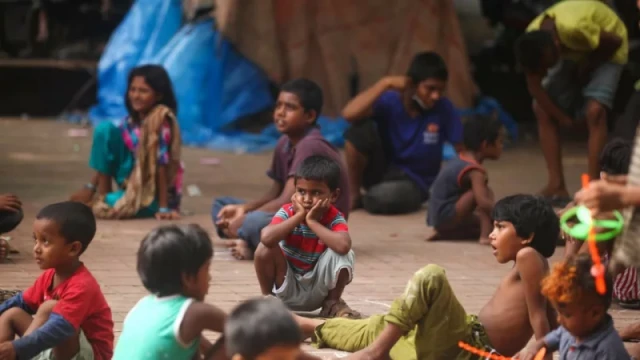

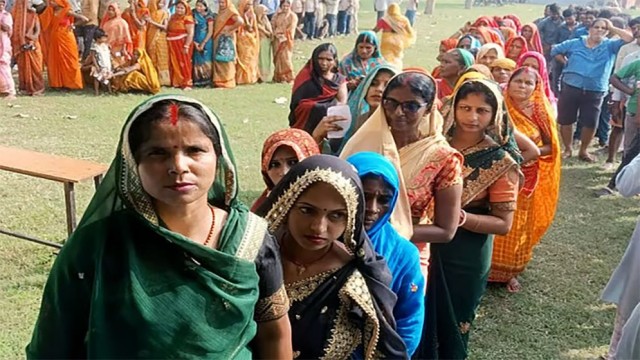






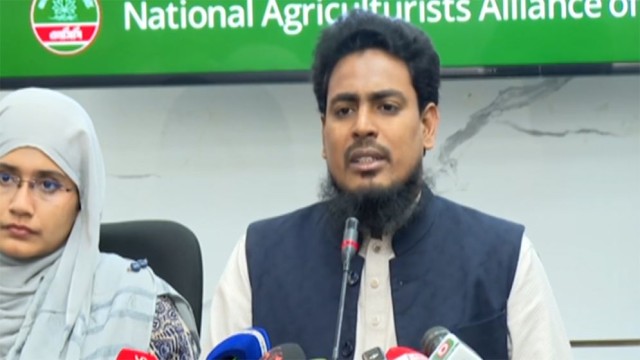

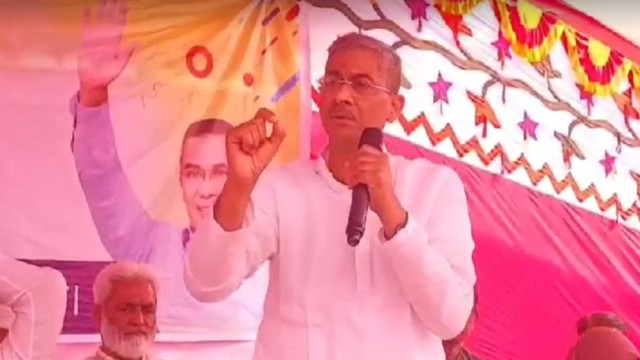


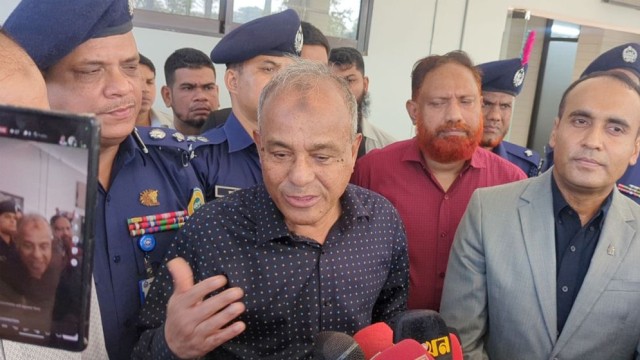
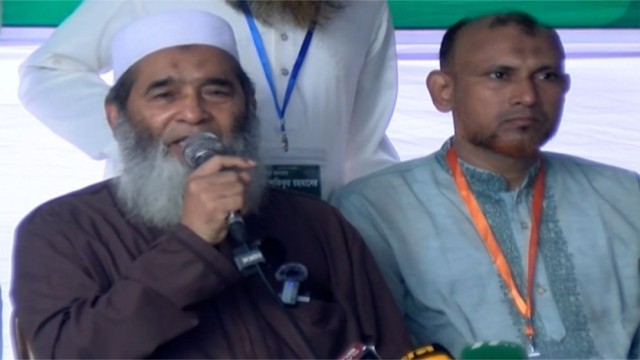
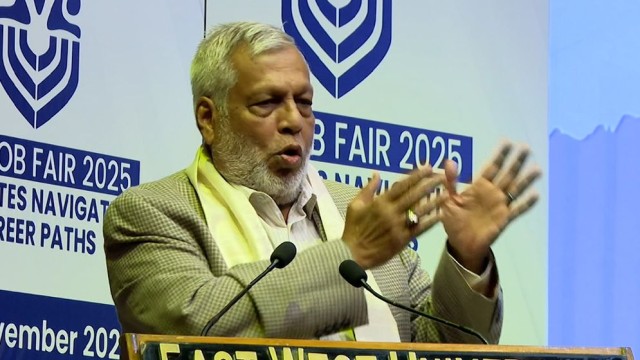




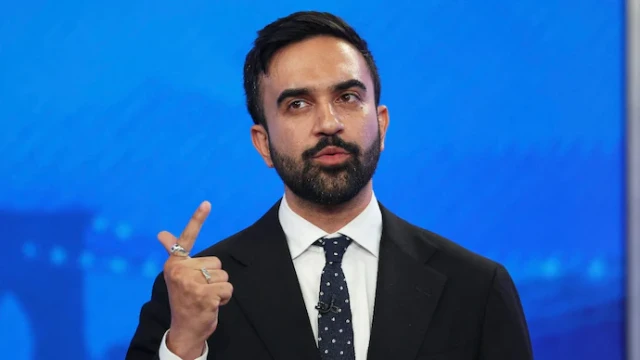
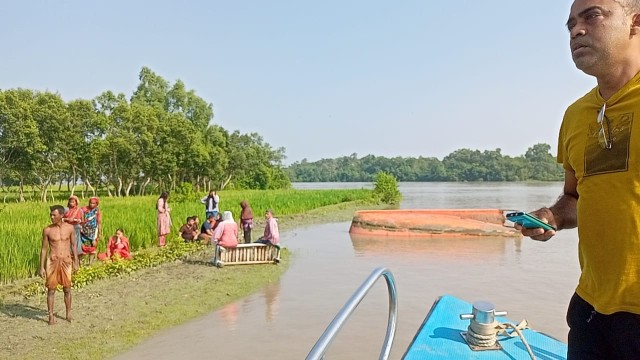


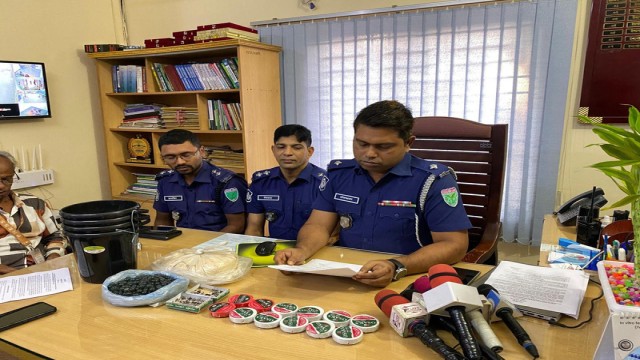
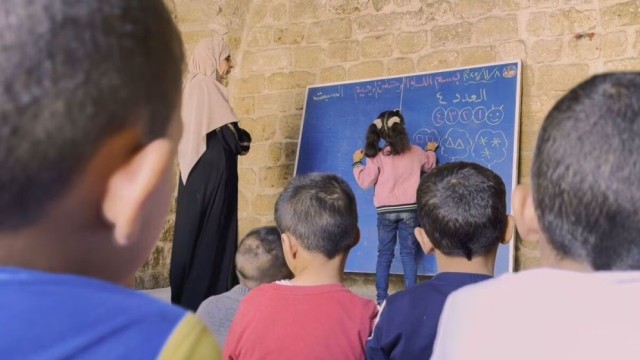

Comment: